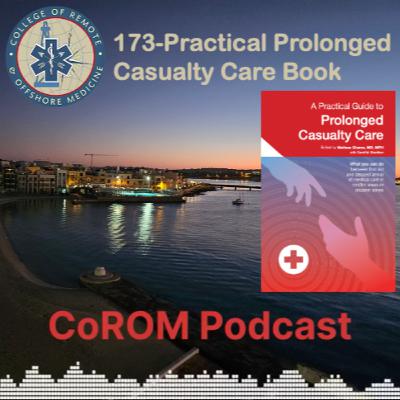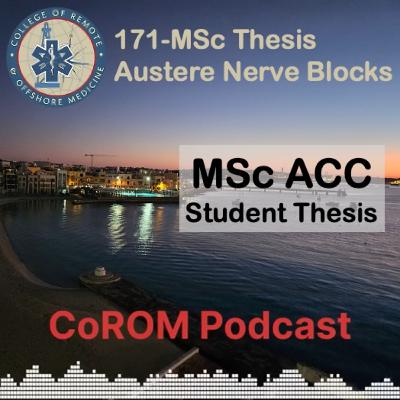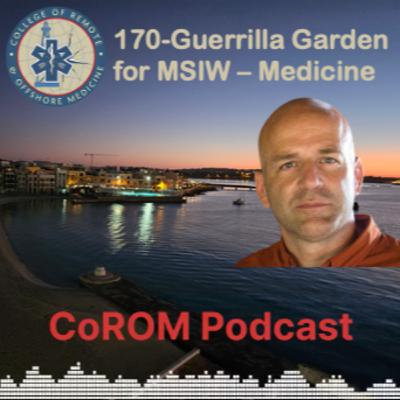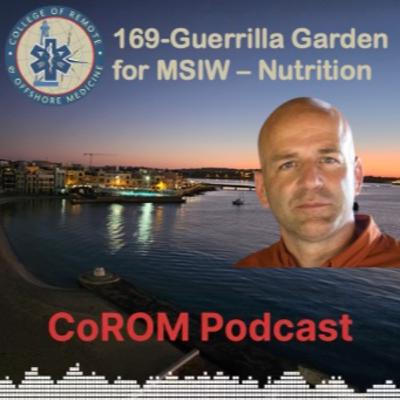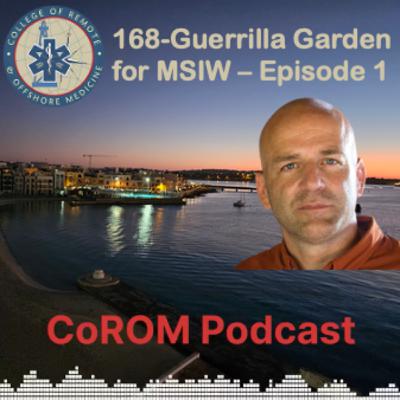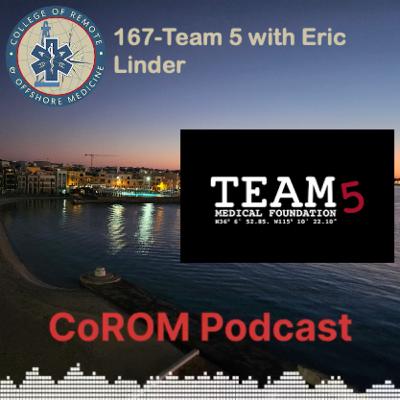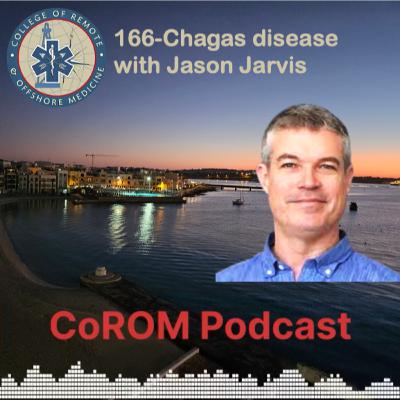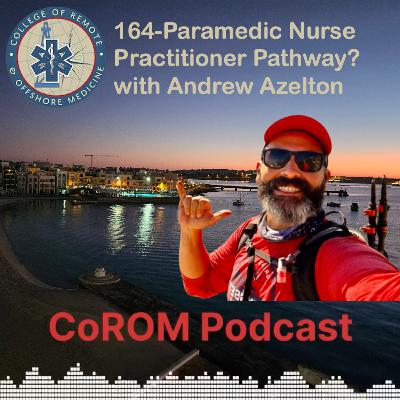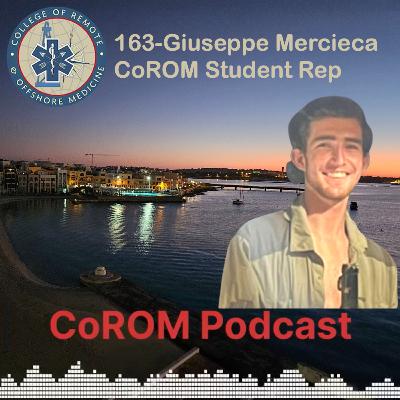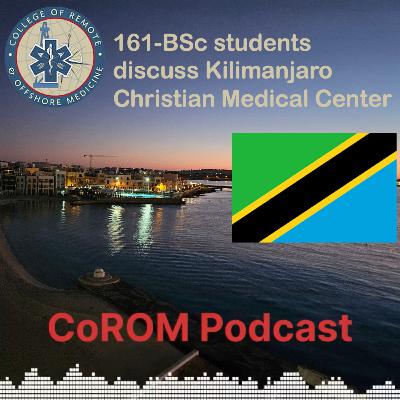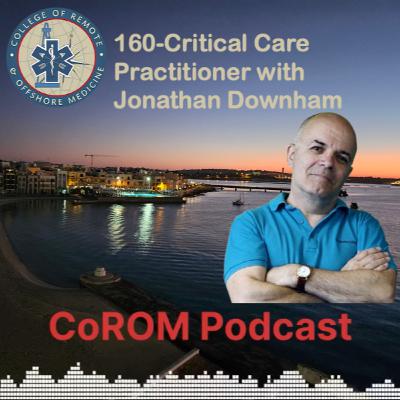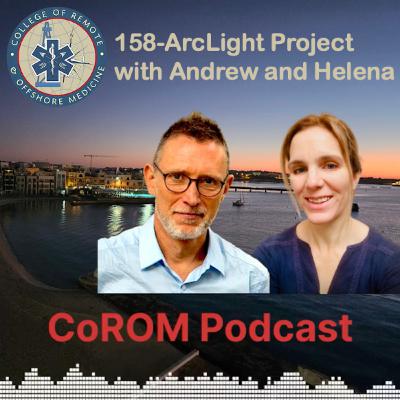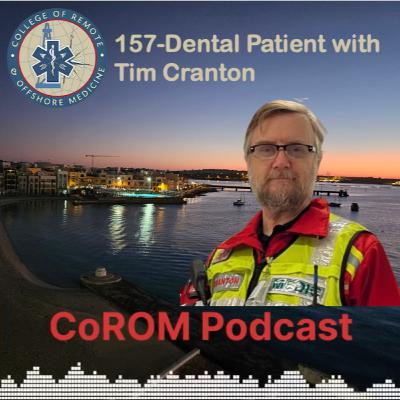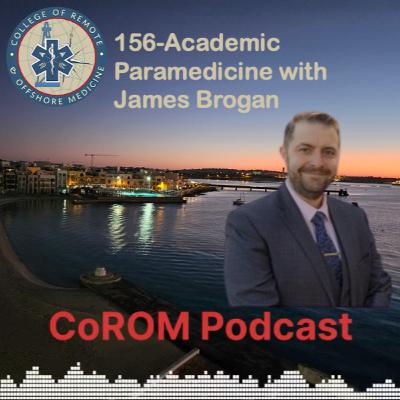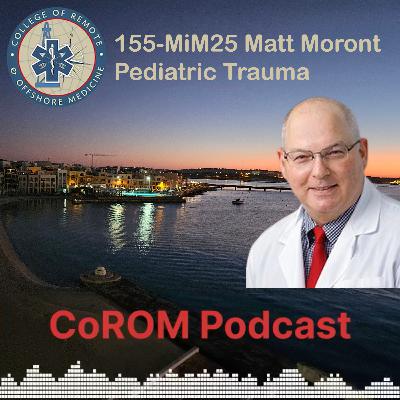104-Dr Alastair Fraser RCSEd
Description
This week, Aebhric talks with Dr Alastair Fraser, chair of the faculty advisory board for the Faculty of Remote Rural and Humanitarian Health care for the Royal College of Surgeons of Edinburgh, and discusses his diverse medical career and experiences in remote and rural areas. He shares stories from his time in the Antarctic, Nigeria, and with Shell, highlighting the challenges and unique situations he encountered. Dr Fraser also discusses the importance of mental health support for medics in remote locations and the need for ongoing training and resources. The conversation discusses the creation and purpose of the Faculty of Rural Remote Humanitarian Health, a specialised area under the Royal College of Surgeons of Edinburgh. The faculty aims to provide training and recognition for healthcare professionals in remote, rural, and humanitarian settings. It addresses the challenges of delivering healthcare in these areas and seeks to improve the quality of training and competence. The conversation also highlights the importance of community and networking among professionals in these fields. The faculty offers fellowship and membership to individuals who have demonstrated competence and contribution to the field.
Takeaways
Dr Alastair Fraser has had a diverse medical career, working in remote and rural areas and with Shell in various locations.
He emphasises the challenges and unique situations in remote healthcare, where medics are often asked to handle various medical issues.
Dr Fraser highlights the importance of mental health support for medics in remote locations and the need for ongoing training and resources.
He discusses the potential benefits of incorporating ultrasound devices into the toolkit of offshore medics but acknowledges the challenges in implementing this due to company policies and liability concerns. The Faculty of Rural Remote Humanitarian Health is a specialised area under the Royal College of Surgeons of Edinburgh that provides training and recognition for healthcare professionals working in remote, rural, and humanitarian settings.
The faculty addresses the challenges of delivering healthcare in these areas and aims to improve the quality of training and competence.
Membership in the faculty is open to anyone interested in the field, not just doctors or medics.
The faculty plans to offer more online courses that cover various skills needed in remote, rural, and humanitarian healthcare.
The faculty is voluntary and relies on volunteers and funding to operate.
Networking and community-building among professionals in these fields are important for sharing ideas and experiences.
The faculty is working towards providing educational credits and accreditation for its courses.
Healthcare professionals interested in working in austere environments should seek training, talk to experienced professionals, and develop skills in working under pressure and uncertainty.
Chapters
00:00 Introduction and Background
02:10 Experiences in the Antarctica
03:00 Challenges and Unique Situations in Remote Healthcare
08:05 Limited Medical Resources in Remote Locations
15:23 Importance of Mental Health Support for Medics
20:21 Implementing Ultrasound for Offshore Medics
21:10 Introduction to the Faculty of Rural Remote Humanitarian Health
23:50 Challenges of Delivering Healthcare in Remote and Rural Areas
27:35 Membership and Community in the Faculty
33:57 Expanding Online Courses for Remote Healthcare
39:02 The Humanitarian Healthcare Course and Accreditation
43:47 Advice for Healthcare Professionals in Austere Environments



